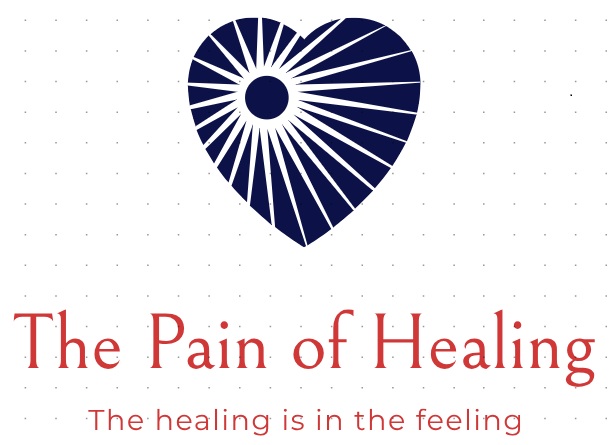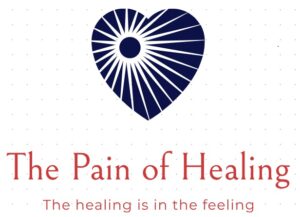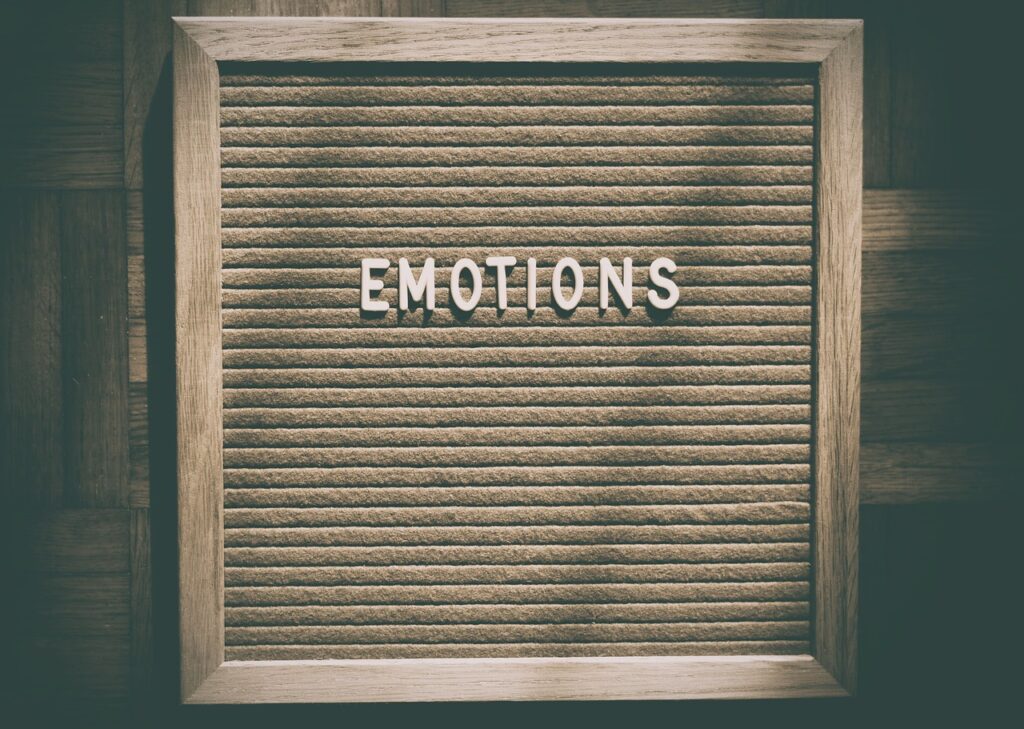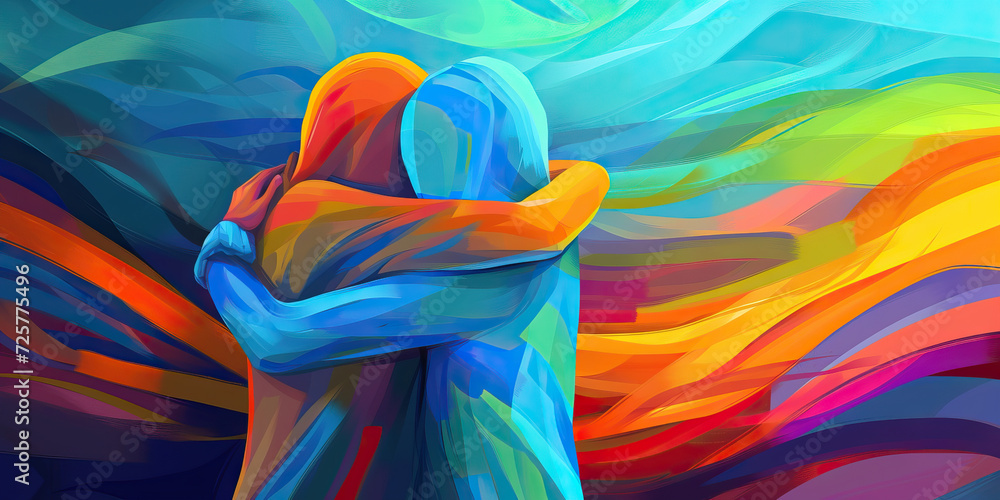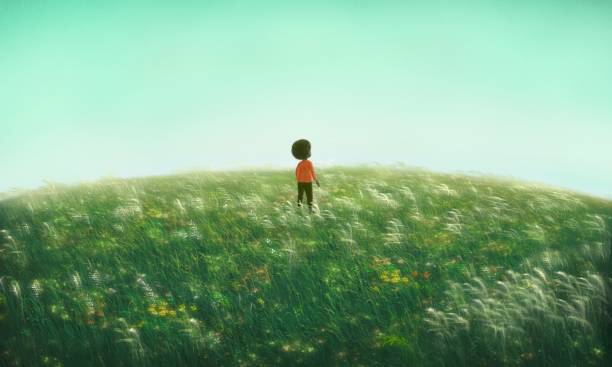Some people have a high pain tolerance, which means they can endure a lot of pain before they begin to feel hurt. There is a condition known as congenital insensitivity to pain (CIP). People with CIP don’t feel pain. While it may sound like a good thing, pain is the alarm that let’s you know something is wrong. People with CIP are more likely to die young because they suffer injuries and infections that go untreated. For example, a person with CIP might not feel any pain from a 3rd degree burn. They don’t produce sweat like the rest of us which means their body can easily overheat.
Emotions and pain tolerance
I believe that some people are so avoidant with their feelings that they have an emotional insensitivity to pain. They suppress and avoid their feelings because they want to escape the pain. One of the functions of our emotions is to help us understand what things and people mean to us. When you feel grief after someone dies it’s a sign that you cared about them. Disappointment means we were expecting something and it didn’t happen. Frustration means something is not going the way we hoped or we have been trying something and it’s not working. Every feeling has a purpose and our feelings are always valid.
Outlets for emotional pain
Just because you don’t allow yourself to feel your pain doesn’t mean you’re not hurt. Emotional pain will burrow deep inside and pitch a tent, resurfacing when you least expect it. Emotional pain can manifest as a series of dysfunctional relationships, addiction, impulsive and risky behaviors, depression, chronic pain, or some other chronic disease. The pain has to go somewhere. If you don’t allow yourself to feel and process your emotions your body, relationships, and choices will become the escape route for painful feelings.
Feelings don’t make you weak – they make you human. Do yourself a favor and feel so you can heal.
